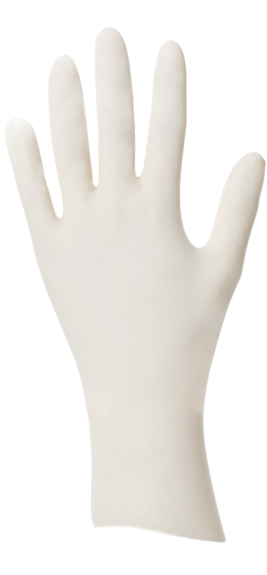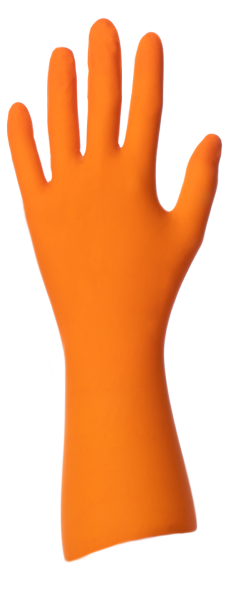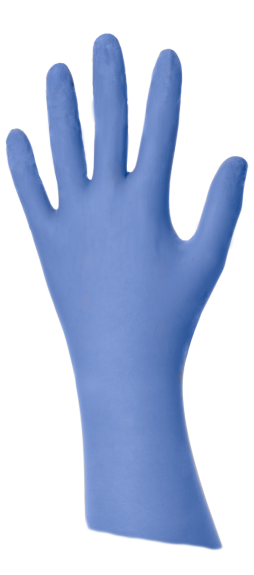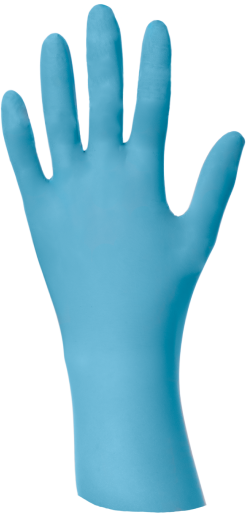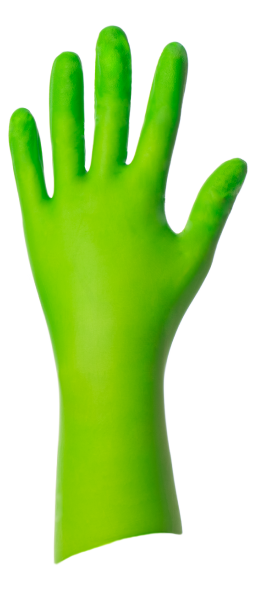Responsible management for sustainable development

Environmental and social corporate responsibility
Today there is a need for companies to demonstrate their responsibility for preserving the environment and biodiversity. Of equal importance is the struggle against global warming and addressing various social challenges.
Action on the environment
When it comes to environmental management, the international standard ISO 14001:2015 allows companies to create the necessary conditions for achieving continuous improvement in their environmental performance.
The main challenges are to reduce one’s carbon footprint as much as possible, avoid polluting the environment and preserve water resources.
As a responsible organization, SHIELD Scientific is committed to protecting the environment and adheres to all the relevant legislation. In this respect, SHIELD Scientific was certified to ISO 14001:2015 on June 23, 2020. In pursuit of our activities, we endeavour to minimise any adverse impact on the environment through pollution prevention and water conservation.
By doing so, we achieve cost-savings and increased operational efficiency, thereby contributing to improvements in the quality of our neoprene, latex and nitrile disposable gloves and services generally. Ultimately, this leads to a safe environment for the community as a whole and a healthy workplace for our employees.
Our commitment is summarized in the following policies:
- Develop, implement, maintain, and improve the company's Environmental Management System within the spirit or continual improvement.
- Comply with all legal requirements on the environment, as stipulated in the EQA 1974 (Environmental Quality Act Malaysia).
- Improve environmental performance through:
- Compliances with local legislations.
- Waste minimization ensuring adequate separation of waste types, promoting recycling initiatives (packaging materials, plastics, containers) and reuse (scrap and wood) to reduce disposal in landfills.
- Pollution prevention by preventing the release of harmful substances into the environment through the treatment of effluents and through increased monitoring.
- Control energy consumption by reducing and limiting gas emissions; move towards alternative energy sources that are less damaging to the environment (commissioning of a heat exchanger, upgrading to LED lighting in the packing rooms).
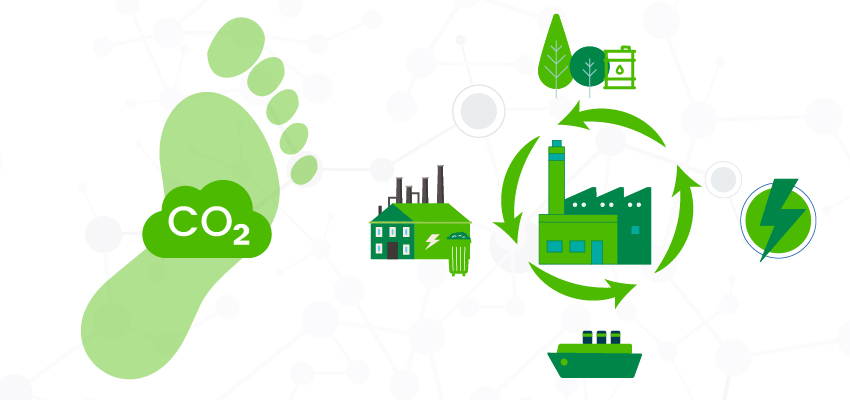
Following our commitment to continuous improvement, we have completed in 2023 a life cycle assessment of our gloves (scope 1, 2 and 3) to evaluate their cradle-to-gate Carbon Footprint.
Energy, raw materials, process, transport, waste treatment have been considered in particular to evaluate each glove CO2 emissions.
A Carbon Footprint Certificate per glove is now available on demand.
Please contact your SHIELD Scientific representative to learn more about these assessment results.
This study will thus help us identifying improvement opportunities to reduce SHIELD Scientific gloves CO2 emissions.
Note that the study also includes the evaluation of 3 end of life scenarios (landfilling, incineration & recycling) that has delivered several interesting surprises.
Action on social impact
Corporate social responsibility (CSR) also plays an integral part of maintaining and improving our business. SHIELD Scientific's ultimate objectives, as a socially responsible business, is to ensure sustainable growth that generates stable employment.
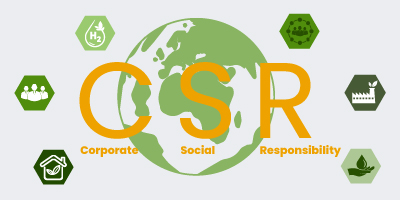

All SHIELD Scientific directors and employees are required to perform their duties in a sincere and transparent manner with full respect for the spirit of this charter according to the following principles:
- 01 Work sincerely and honestly
- 02 Coexist harmoniously with the Environment
- 03 Respect Human Rights
- 04 Ensure Occupational safety and hygiene
- 05 Maintain good relations with societies and communities in which we operate
SHIELD Scientific also recognizes that societal awareness is important for supply chain sustainability.
We have taken concrete action to ensure a respectful supply chain process that leads to increased productivity, as well as strong retention and engagement. Our main manufacturing site has been audited by Asia Inspection (audit firm appointed by its customer London Universities Purchasing Consortium “LUPC” in the UK) in 2019. Through the SMETA (Sedex Members Ethical Trade Audit) Audit, LUPC UK has confirmed that the manufacturing site of SHIELD Scientific was “overall compliant to SMETA ETI code.” A summary of the social audit report is accessible from the news section of the LUPC website: https://www.lupc.ac.uk/news/final-report-shield-scientific-glove-factory-audit.
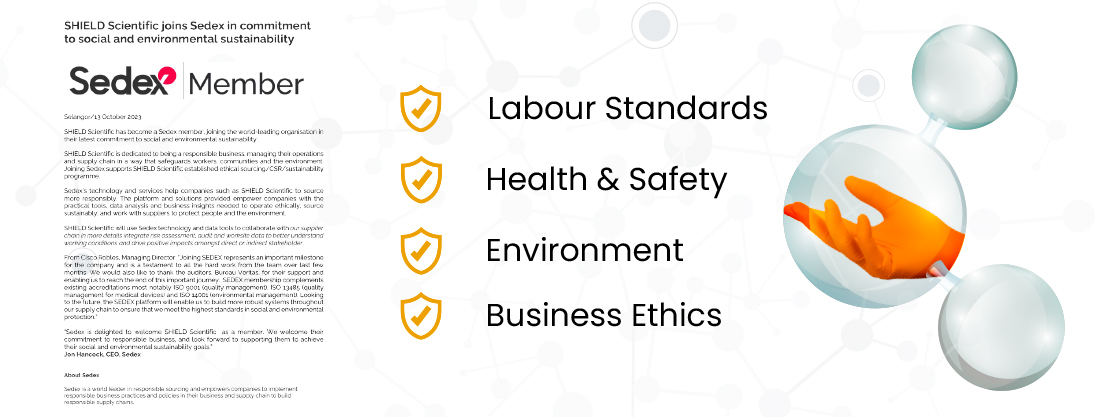
In October 2023, SHIELD Scientific joined Sedex, a world leader in responsible sourcing, after completing a SMETA audit. This SMETA audit is designed to help protect workers from unsafe conditions, overwork, discrimination, low pay, and forced labour.
By becoming a Sedex member, SHIELD Scientific accesses Sedex technology and services that empower companies to implement responsible business practices and policies in their business and supply chain to build responsible supply chains.
Joining Sedex will thus allow SHIELD Scientific to build more robust systems throughout its supply chain to ensure meeting the highest standards in social and environmental protection in commitment to Social and Environmental sustainability.
Know more about Sedex and SMETA:
Action to mitigate the impact of disposable gloves on the environment
SHIELD Scientific's commitment to finding solutions that address environmental concerns is not new.
For many years, our ecoSHIELD™ range of latex and nitrile gloves have been designed to meet various ecological objectives in terms of environmentally friendly production methods, packaging, and printing. Specifically, these gloves offer the following:
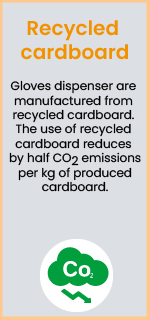
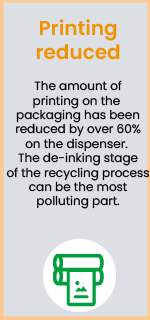
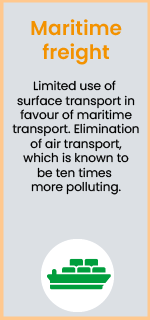
- The packaging of the ecoSHIELD™ range is made from recycled cardboard, which reduces by 50% the CO2 emissions per kg of produced cardboard.
- The amount of ink used on the packaging has been reduced by over 60%.The amount of ink used on the packaging has been reduced by over 60%.
- The packaging allows 50% more nitrile gloves to be packed in the same volume compared to other product ranges, saving more than 30% cardboard. This represents half a tree for every million gloves packed. Not only that, the reduction in storage space and maritime transport will contribute to a 700kg reduction in CO2 emissions for every 1.000 cases delivered.
As you can see, at SHIELD Scientific we attach particular importance to the impact of our business on the environment in which we live.
Nevertheless, we are fully aware that the glove industry remains an important contributor of pollution and that innovation is needed to reduce the environmental impact of the production of disposable latex gloves and nitrile gloves.
As we all know, to limit the impact on the environment, there are three main drivers: "Reduce, reuse and recycle".
There are now some solutions to limit the environmental impact when it comes to the disposal stage of gloves:
- "Accelerated" biodegradability: most latex or nitrile gloves are biodegradable but, by anaerobic decomposition, they release methane (greenhouse gases). The more quickly the gloves decompose, the faster is the release of methane!"Accelerated" biodegradability: most latex or nitrile gloves are biodegradable but, by anaerobic decomposition, they release methane (greenhouse gases). The more quickly the gloves decompose, the faster is the release of methane!
- Recycling by grinding: gloves that are not biologically and chemically contaminated (the quantity of these may be very limited) can be recovered and then crushed to serve as a secondary raw material in the manufacture of furniture or other objects.
Regarding this topic, SHIELD Scientific has evaluated the end-of-life of its gloves considering 3 scenarios. Please contact your SHIELD Scientific representative to learn more about the interesting and quite surprising results.
However, let us not deceive ourselves that these initiatives will address all our needs when it comes to limiting environmental impact.
First, these solutions are not applicable to all disposable latex and nitrile gloves because of the relevant regulations (European regulations in particular*) which currently encourage or even require the incineration of biologically or chemically contaminated gloves (which probably accounts for a large part of the disposable gloves used in laboratories and cleanrooms). It should also not be forgotten that it is the glove manufacturing cycle that has the greatest impact on the environment by emitting 30 to 50%** of the CO2 emitted during its life cycle. However, the fight against greenhouse gas emissions, and in particular CO2 is THE top priority to slow down global warming.
Using disposable gloves, whether latex or nitrile gloves, remains essential in medical, laboratory and research fields as well as in certain industries (pharmaceutical industry, semiconductor industry etc ...).
However, the prospects of a sharp increase in the global use of disposable gloves (15 to 20% per year according to the Malaysian Rubber Glove Manufacturers Association (MARGMA***), due particularly to the Covid-19 pandemic, does not bode well for the industry reducing its environmental impact.
At SHIELD Scientific we will therefore continue to be transparent about our actions, improve our manufacturing processes to mitigate their impact on the environment and we will continue to support and advise users of our products to encourage virtuous practices: "The right glove for the right application, only when it is necessary, to meet the needs of compliance, comfort and protection".

